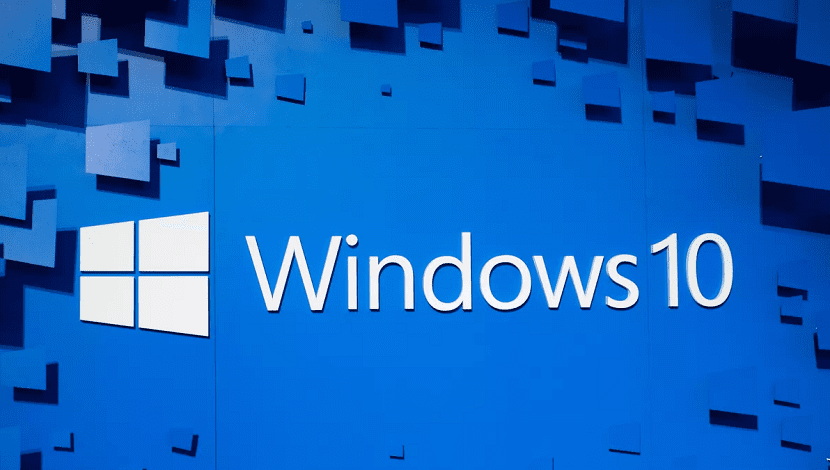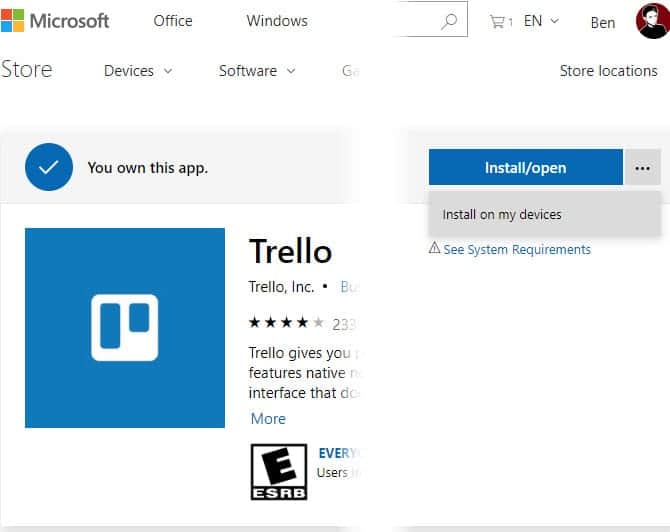
The arrival of Windows 10 ushered in the introduction of the Microsoft Store, a store for the operating system where you find applications. The idea is that users download applications from it. With the new OS update in April this year, a new feature has been introduced to give this store a boost.
Users will be able now install apps remotely on Windows 10. In this way, they will not have to be on your computer to install an application. All you need is to have access to the store and sign up for your account.
The usefulness of this function is something that many doubt. Although it can be a good option if there is an application that interests you and you want to have it ready for when you get home. But whether you find it useful or not, Windows 10 already gives us this possibility.

What we have to do is go to the Microsoft Store from the web browser. It does not matter which browser we use, since it is possible to install remotely from all of them. You can access it from this link. The next step is to find the application that you are interested in installing on your computer.
Once found, before doing anything, we must log in to our Microsoft account. By doing this, the devices that are associated with it will appear on the screen. Among them we find our own computer, where we will install the application in question.
Therefore, we just have to click on install, and then install on one of my devices. The next thing is to select the computer in question and the application will be installed. Thus, when we return to the computer, we will have this application available. What do you think of this function in Windows 10?